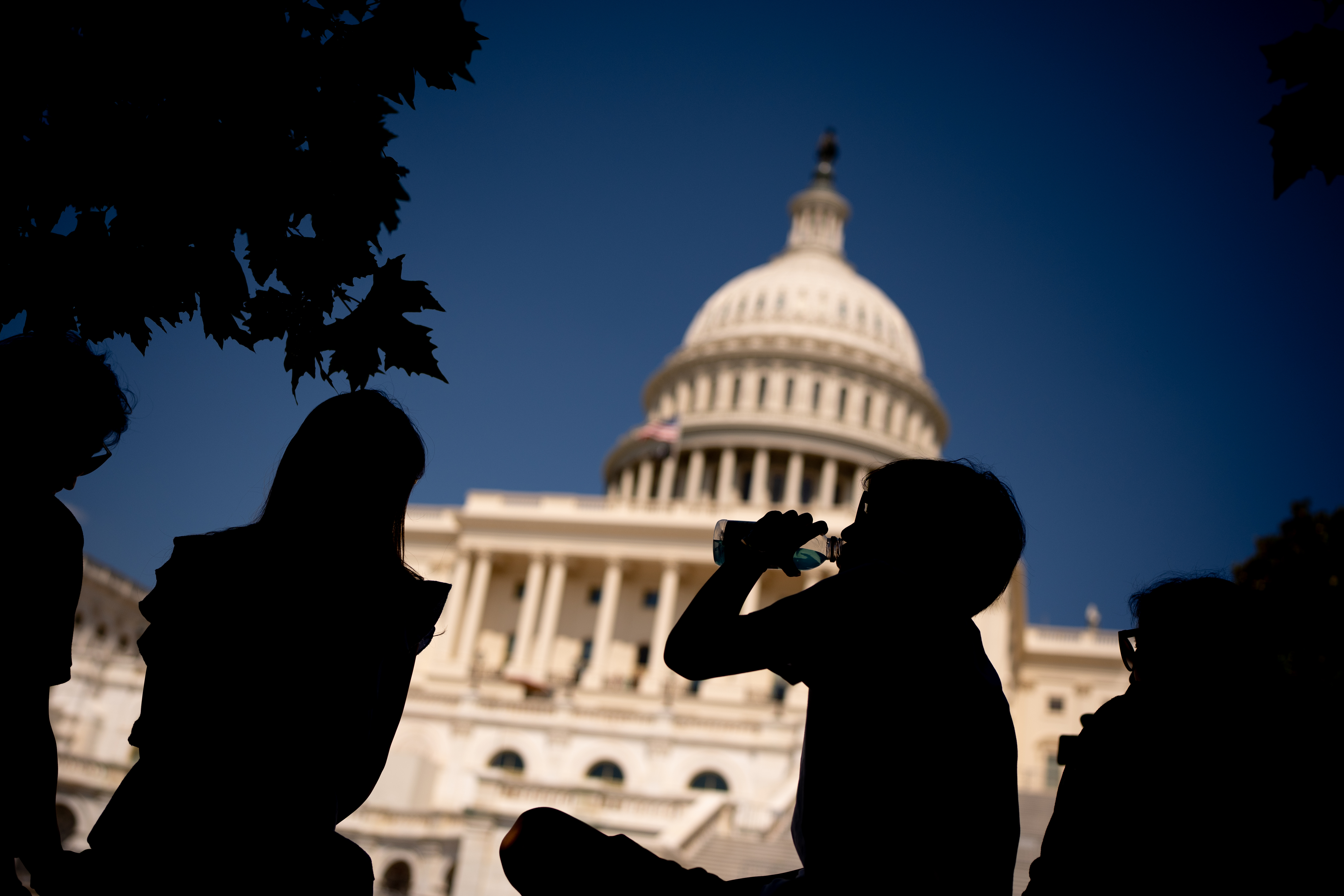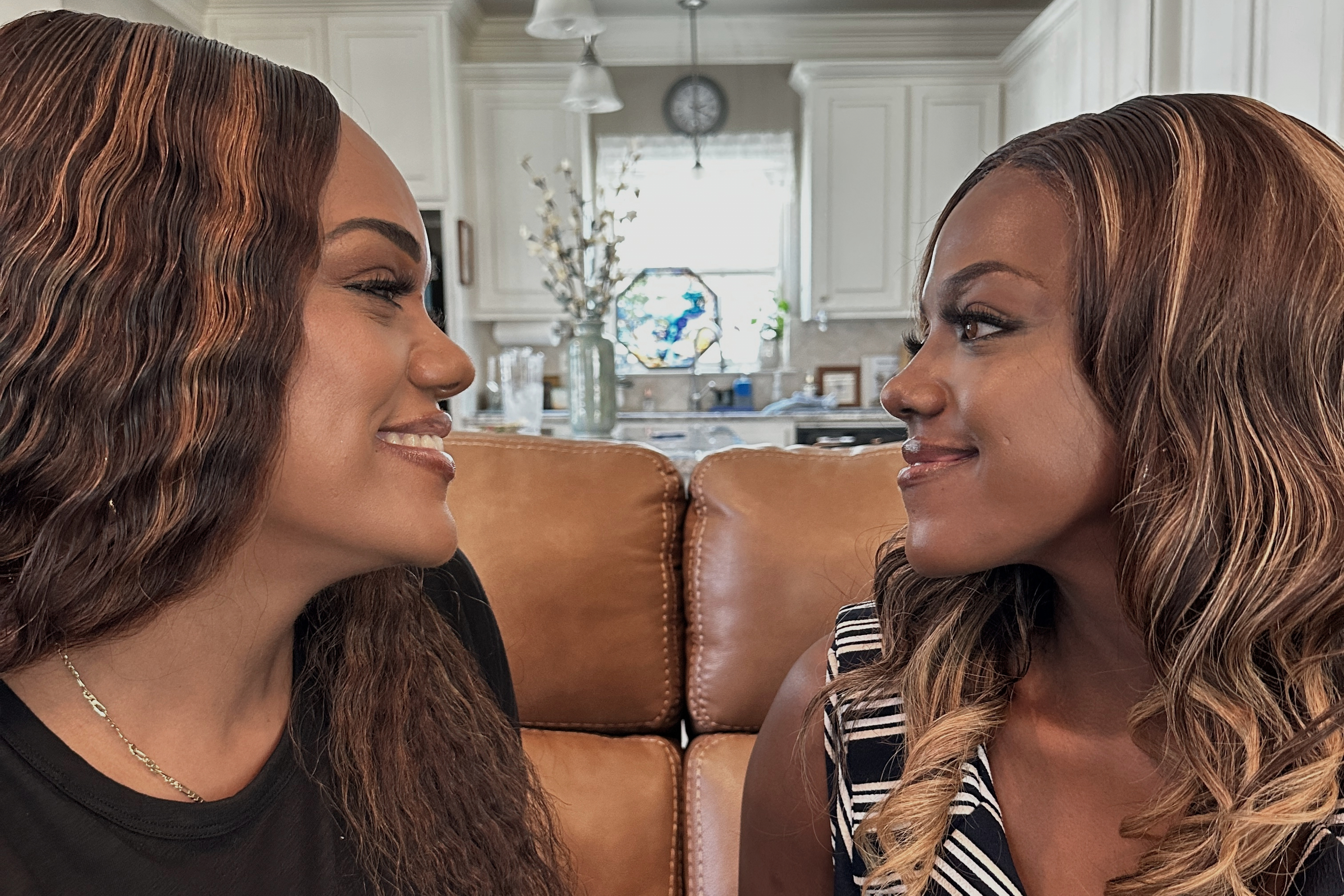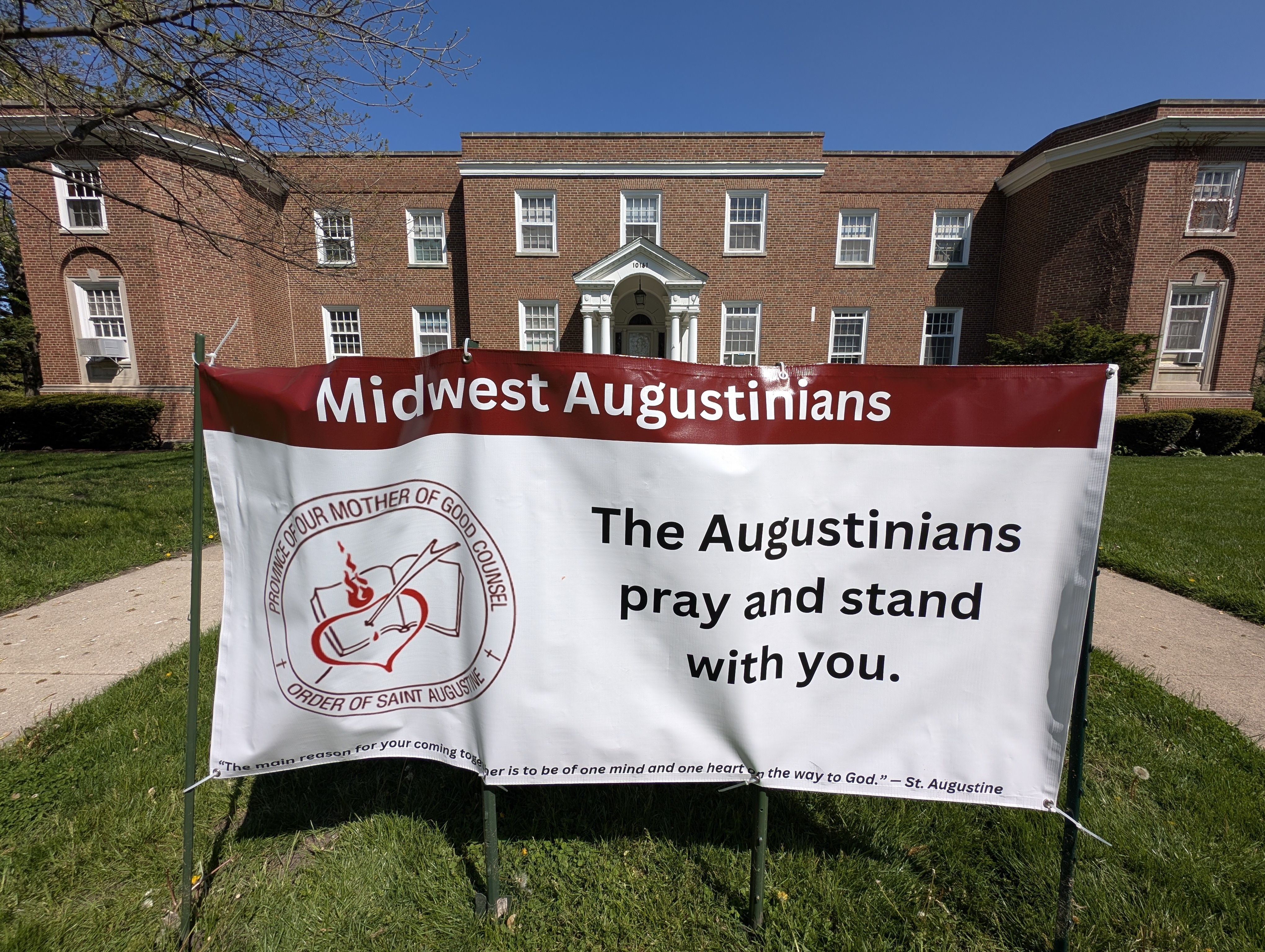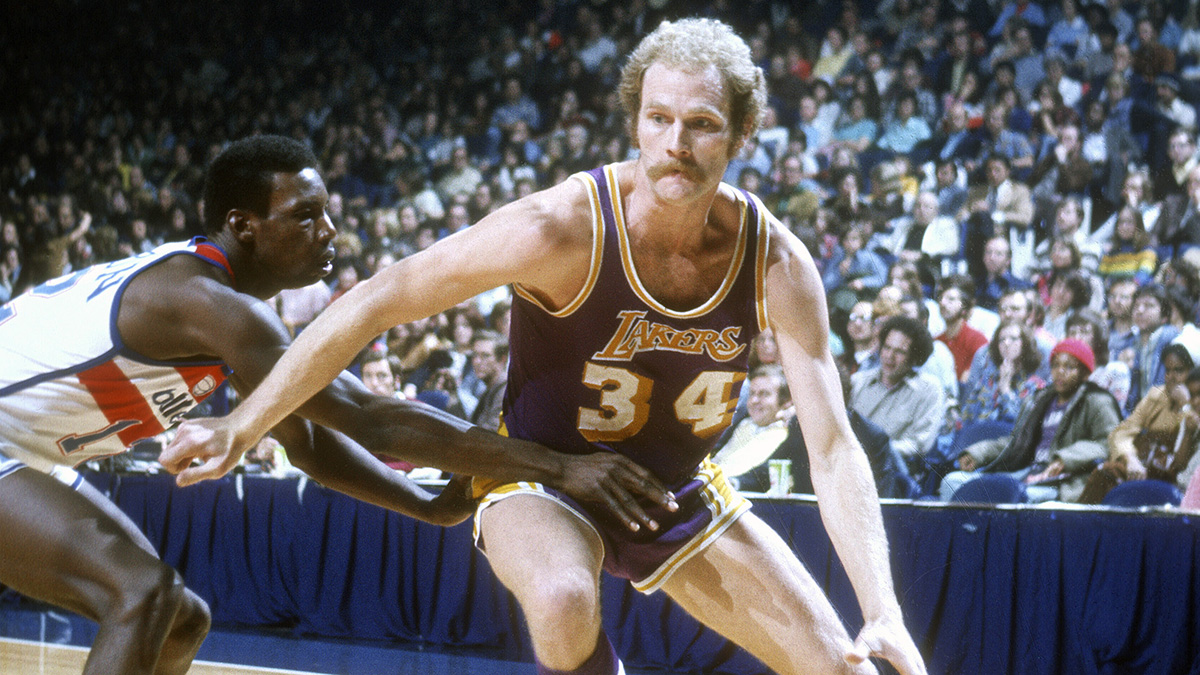Stalled Lifespans: Women's South Life Expectancy Shockingly Flat
Stalled Progress: Women's Lifespans in the South Plateau After a Century
Introduction: A Century of Unfulfilled Promises?
How long we live is one of the most fundamental questions of human existence. And as new research suggests, where you live plays a surprisingly significant role in determining your lifespan. While the 20th century brought unprecedented advancements in medicine and public health, leading to increased life expectancy for many Americans, not everyone has benefited equally. Particularly in some Southern states, the gains have been alarmingly small, especially for women. Isn't it shocking to think that some women in the South are barely living longer than their great-grandmothers did?
This article delves into a recent study that sheds light on this disparity, examining the factors contributing to the stagnation of women's life expectancy in certain regions of the United States. We'll explore the data, discuss the potential causes, and consider what steps can be taken to bridge this life expectancy gap. It's time we asked the question: why are some Americans being left behind?
Analyzing the Data: A Century-Long Perspective
Researchers at the Yale School of Public Health conducted a comprehensive analysis of mortality data, examining the lives of 77 million women and 102 million men born between 1900 and 2000. This massive dataset provided a broad and detailed view of life expectancy trends across the nation. Imagine sifting through records of nearly 180 million people! That’s a lot of data!
Key Findings: National vs. Regional Trends
The study, published in JAMA Network Open, revealed that while national life expectancy for women increased from 73.8 to 84.1 years during that period, and for men from 62.8 to 80.3 years, the gains were not uniform across all states. Significant disparities emerged, with some Southern states showing minimal improvement in women's life expectancy. It's a stark reminder that "progress" isn't always felt equally by everyone.
The Southern Stagnation: Where Did the Progress Go?
So, what's happening in the South? Why is life expectancy for women in some states barely budging? It’s a complex issue with no simple answer, but several factors likely contribute to this alarming trend.
Socioeconomic Factors: A Foundation of Inequality
Socioeconomic disparities are often at the root of health inequalities. Poverty, limited access to education and healthcare, and lack of economic opportunities can all contribute to poorer health outcomes. Think of it like trying to build a house on a shaky foundation; if the base isn't strong, the whole structure is vulnerable.
Healthcare Access: A Matter of Life and Death
Access to quality healthcare is a critical determinant of life expectancy. This includes access to preventive care, such as screenings and vaccinations, as well as treatment for chronic diseases. Unfortunately, many Southern states face challenges in providing adequate healthcare to their populations, particularly in rural areas. Imagine having a flat tire in the middle of nowhere with no cell service; that's what it feels like for many people trying to access healthcare in these areas.
Lifestyle Factors: Choices and Circumstances
Lifestyle choices, such as diet, exercise, and smoking, can also impact life expectancy. However, it's important to remember that these choices are often influenced by socioeconomic factors and the environment. For example, access to healthy food options may be limited in low-income communities. Are we truly free to make "healthy" choices when our options are limited?
The Role of Systemic Racism: An Uncomfortable Truth
It’s impossible to discuss health disparities in the South without acknowledging the historical and ongoing impact of systemic racism. Decades of discrimination and inequality have created deep-seated disadvantages for minority communities, affecting access to education, employment, housing, and healthcare. This isn’t just about the past; it continues to shape the present.
Specific Health Challenges: A Deeper Dive
Beyond the broader socioeconomic and systemic factors, certain specific health challenges disproportionately affect women in the South, contributing to the stagnation of life expectancy.
Heart Disease: A Silent Killer
Heart disease is a leading cause of death for women in the United States, and the South has particularly high rates of heart disease mortality. Early detection and treatment are crucial, but access to cardiac care may be limited in many areas. Imagine your heart as an engine; if it's not properly maintained, it will eventually break down.
Cancer: Early Detection is Key
Cancer is another major health threat, and disparities in screening rates can lead to delayed diagnoses and poorer outcomes. For instance, some studies have shown lower rates of mammography screening among women in certain Southern states. Early detection is paramount in treating cancer effectively. It is like finding a small leak in your roof before it causes major damage.
Maternal Mortality: A Crisis in the Making
The United States has a surprisingly high maternal mortality rate compared to other developed countries, and the South is disproportionately affected. Black women are particularly at risk, facing significantly higher rates of pregnancy-related complications and deaths. This is a national crisis that demands immediate attention. It's a tragedy that so many women are dying while giving life.
Comparing to Other Regions: A Tale of Two Americas
To fully understand the significance of the Southern stagnation, it's helpful to compare life expectancy trends to those in other regions of the United States.
Northeastern States: Leading the Way
States in the Northeast, such as Massachusetts and Connecticut, generally have higher life expectancies than those in the South. This is often attributed to factors such as better access to healthcare, higher levels of education, and healthier lifestyles. It's like comparing a well-oiled machine to one that's struggling to function.
Western States: Innovation and Prevention
States in the West, particularly California, have also made significant strides in improving life expectancy. This region often benefits from innovative healthcare systems and a strong focus on preventative care. Think of it as investing in a high-tech security system to protect your home.
What Can Be Done? A Call to Action
Addressing the stagnation of women's life expectancy in the South requires a multifaceted approach that tackles the root causes of health disparities.
Investing in Healthcare Access: A Fundamental Right
Expanding access to affordable and quality healthcare is paramount. This includes increasing Medicaid coverage, supporting community health centers, and addressing the shortage of healthcare providers in underserved areas. Healthcare should be a right, not a privilege.
Addressing Socioeconomic Disparities: Creating Opportunities
Efforts to reduce poverty, improve education, and create economic opportunities are essential for improving health outcomes. This requires investing in job training programs, affordable housing, and early childhood education. A rising tide lifts all boats.
Combating Systemic Racism: Dismantling Barriers
Confronting systemic racism is crucial for creating a more equitable society. This involves addressing discriminatory policies and practices in housing, education, employment, and healthcare. Equality is not just a word; it's a fundamental principle.
Promoting Health Education and Prevention: Empowering Individuals
Providing health education and promoting preventative care can empower individuals to make informed choices about their health. This includes encouraging healthy diets, regular exercise, and screenings for chronic diseases. Knowledge is power.
Conclusion: A Future Where Everyone Thrives
The stagnation of women's life expectancy in some Southern states is a stark reminder that progress is not always evenly distributed. By addressing the underlying socioeconomic, healthcare, and systemic factors, we can create a future where everyone has the opportunity to live a long and healthy life. It's time to close the gap and ensure that every American, regardless of where they live, can thrive. This requires a collective commitment to equity, justice, and the well-being of all. Let’s build a future where geography doesn’t determine destiny.
Frequently Asked Questions
- Why are women in some Southern states not living much longer than they were 100 years ago?
Several factors contribute, including limited access to healthcare, socioeconomic disparities, unhealthy lifestyles, and the lasting impacts of systemic racism.
- What specific health challenges are contributing to the stagnation of women's life expectancy in the South?
Heart disease, cancer, and maternal mortality are major contributors, particularly for Black women. Access to early detection and treatment is often limited.
- How does healthcare access impact life expectancy in the South?
Limited access to affordable and quality healthcare, particularly in rural areas, prevents many women from receiving necessary preventive care and treatment for chronic diseases.
- What can be done to improve women's life expectancy in the South?
Strategies include investing in healthcare access, addressing socioeconomic disparities, combating systemic racism, and promoting health education and prevention.
- How does the South compare to other regions of the U.S. in terms of women's life expectancy?
The Northeast and West generally have higher life expectancies for women due to better healthcare access, higher levels of education, and healthier lifestyles.









